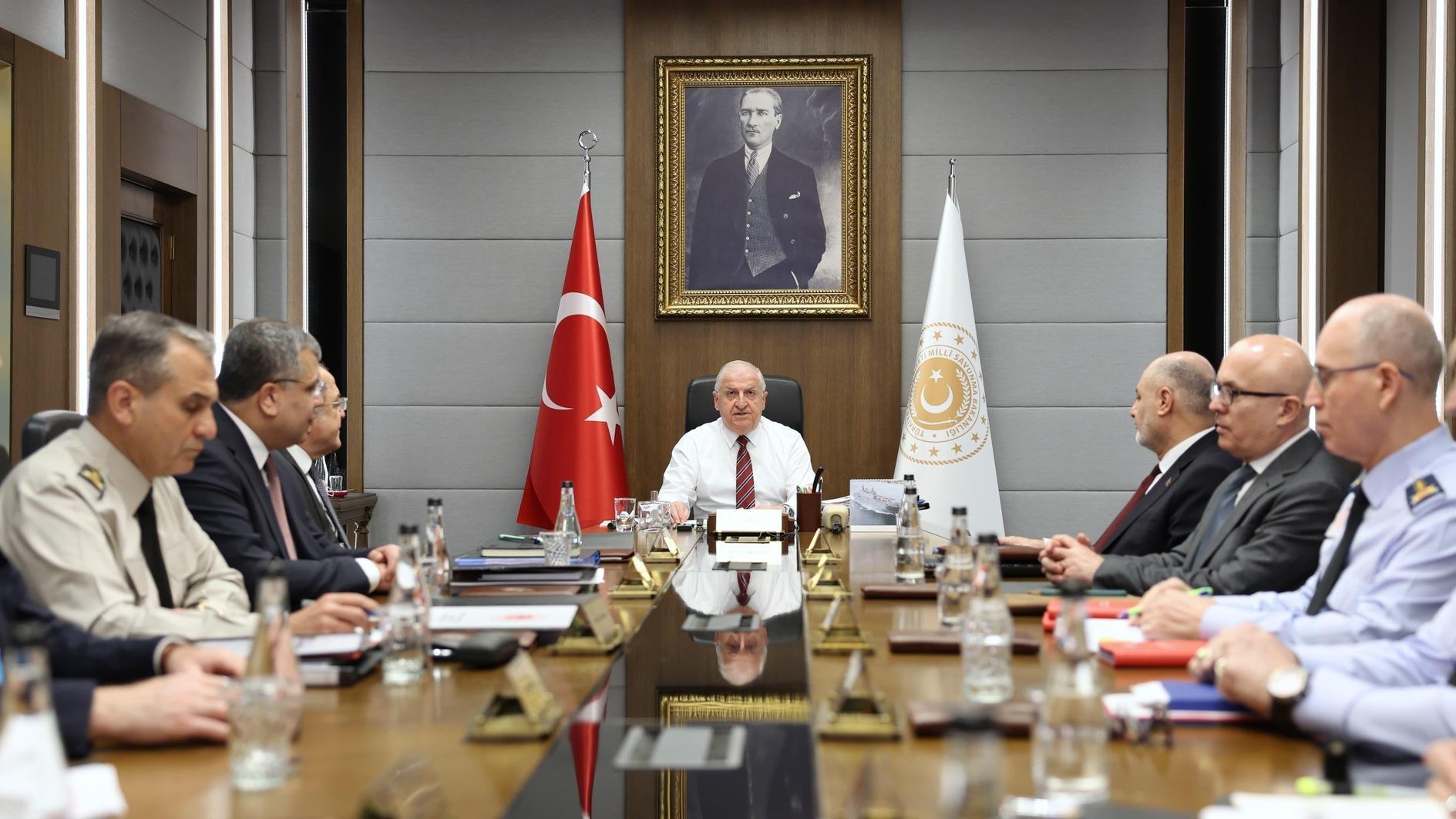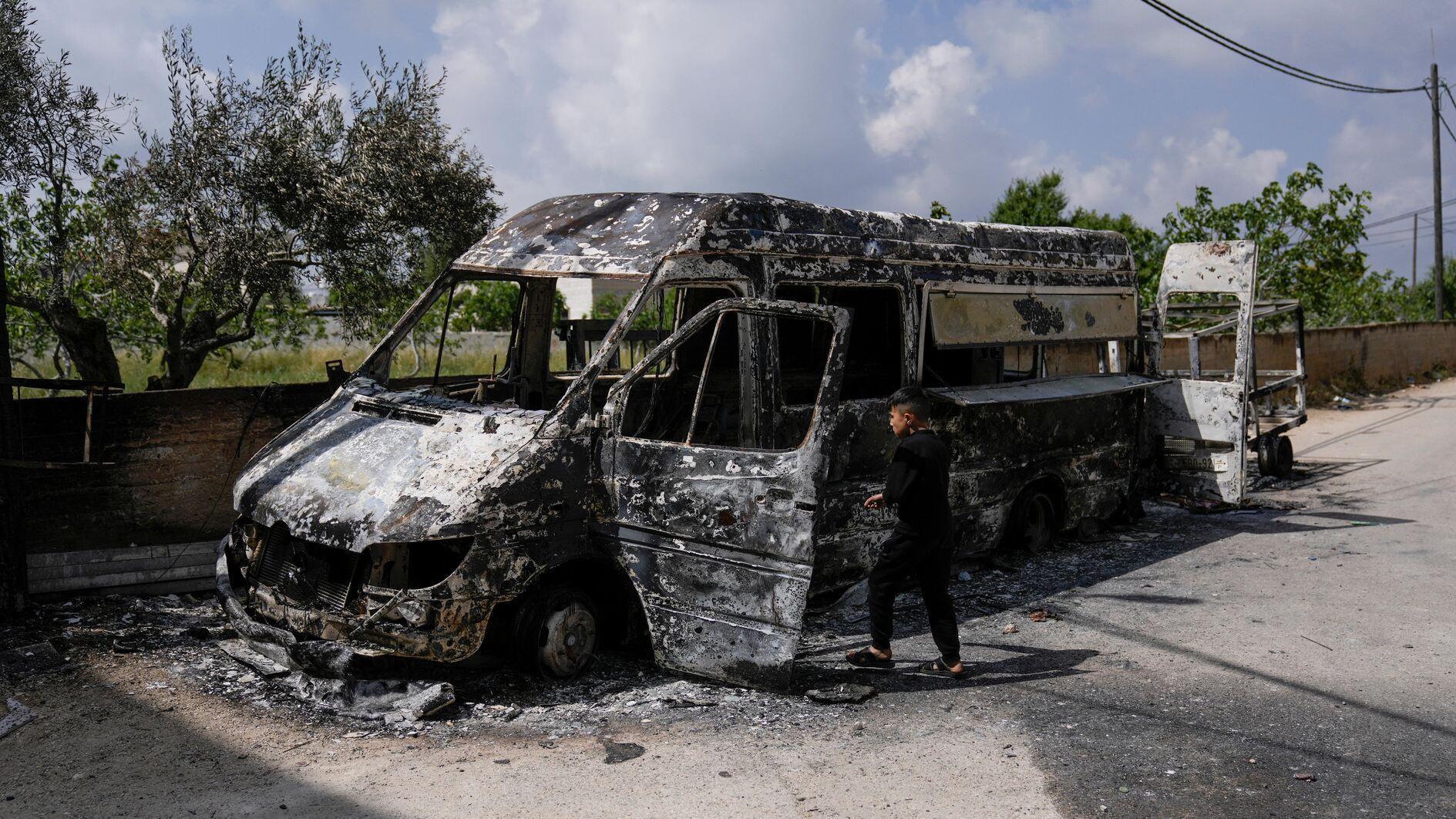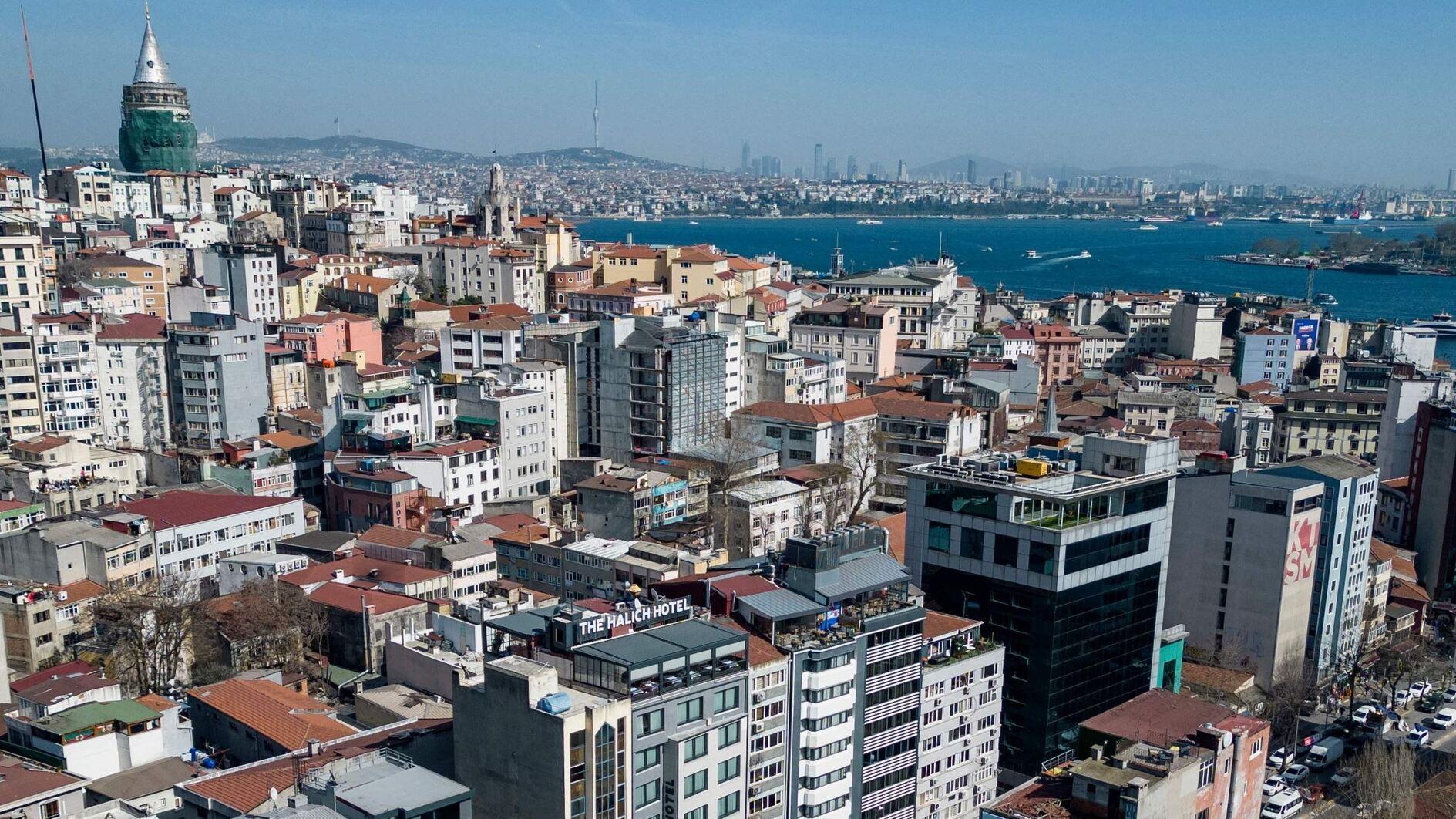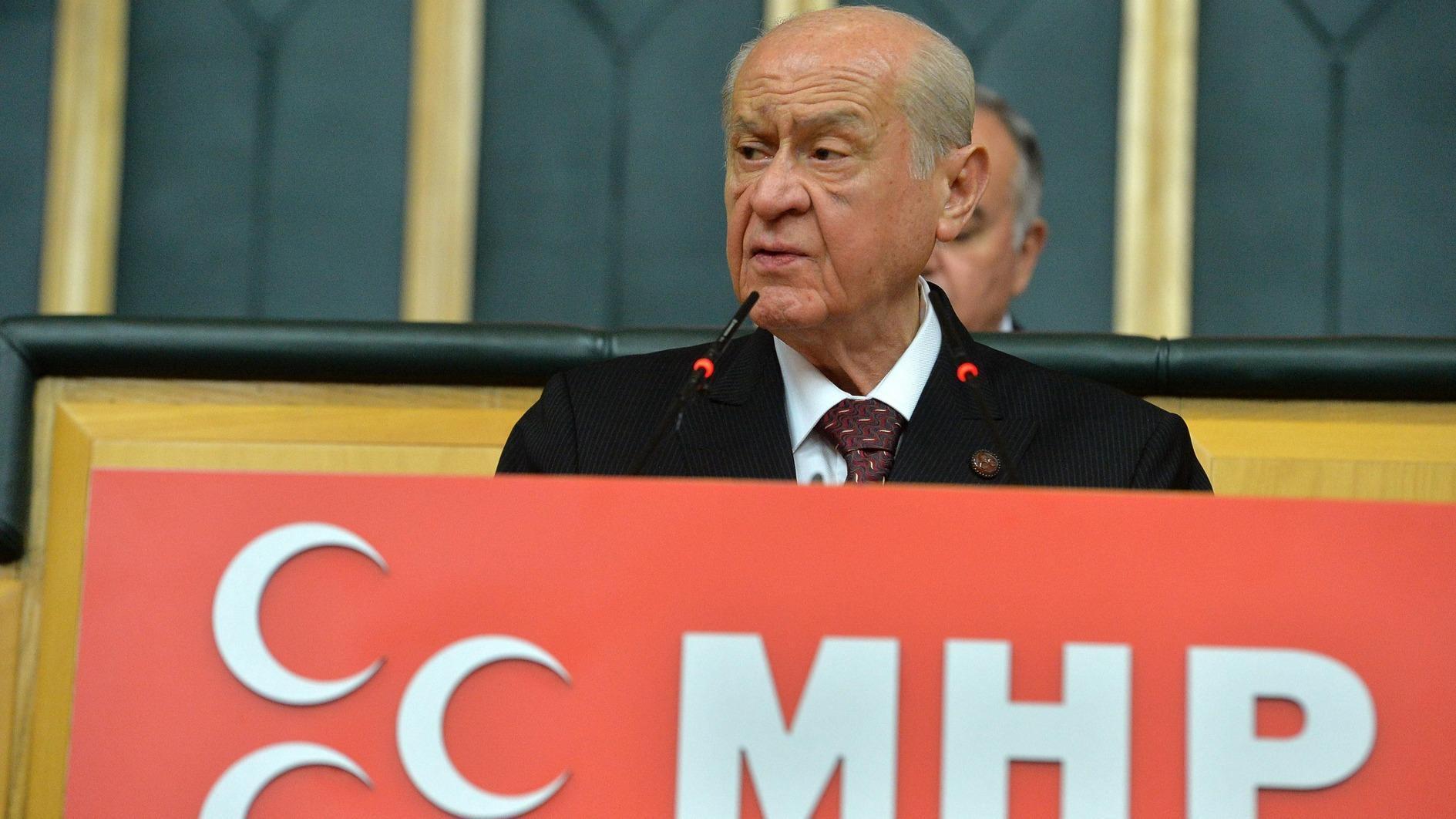Turkey to vote on freedoms on Nov 1
Turkey will hold its fourth election in 20 months on Nov. 1. Unfortunately there is no certainty that this will be the last election in such a string, or that a government will be formed. In a statement earlier this week, a senior Justice and Development Party (AKP) official, Mehmet Ali Şahin, openly hinted at another election being held if no single-party won a parliamentary majority, in a bid to urge electors that the AKP’s failure to garner a majority at parliament would mean further instability in the country.
Sunday’s polls have different meanings and objectives for each of the four political parties. Needless to say, the AKP’s sole aim is to re-gain the government that it lost in the June election by securing at least 276 seats at parliament.
The Republican People’s Party (CHP), is bidding to increase its votes, in line with some opinion polls putting the social democrats on the edge of 28 percent - three points higher than June.
The Nationalist Movement Party (MHP) is suffering because of its leader Devlet Bahçeli’s perceived “naysayer” stance to all political formulas offered to him. Bahçeli has, however, recently announced his readiness to form a coalition government with either the AKP or the CHP, though not the pro-Kurdish Peoples’ Democratic Party (HDP). The MHP’s votes seem to be in decline but it will likely be the third party in parliament according to the number of seats.
Under huge political and physical pressure since July, the HDP is trying to protect its place at parliament. Polls suggest that it will remain above the 10 percent threshold to enter parliament, though there could be a slight decline in its votes.
Along with the way parties are approaching the election, Nov. 1 has some other meanings and priorities.
Firstly, it should be emphasized that Sunday’s election will not be the world’s freest or fairest. On the contrary, as suggested by the OSCE’s interim report, it is going to be conducted with many inequalities between the parties to the advantage of the ruling AKP. The AKP is again not hesitating to use all state means and it is enjoying nearly three-quarters of all media coverage, from both state and private broadcasters. Therefore, the results should be read and analyzed within such an unbalanced context.
Secondly, the Turkish people will be going to the ballot boxes amid fears of all sorts of terrorist campaigns committed since July. Government officials generally explain this sudden rise in terrorism with reference to an invisible hand “pushing the button” aiming to stop the AKP from becoming a government again. They argue that this invisible hand, (foreign sources in collaboration with local allies), wants to limit Turkey’s dominant role in the region. In a sense, the election on Sunday will therefore be a test of public opinion on this sudden rise of terrorism in Turkey, which has claimed the lives of more than 1,000 people since June.
Thirdly, the country will be voting in an environment in which the free press is in its death throes. Very soon there may be no need to list Turkey in the world media freedom index, because there will be no free press at all - unless Sunday’s polls do not promise a change of course. Public opinion has been overwhelmingly nourished by distorted news campaigns of the pro-government media and has limited resources to challenge them. This election will therefore be decisive for the future of freedom of press in the country.
Not only freedom of press, but freedom of expression in general will also be voted on. The number of people arrested on charges of insulting the president has recently seen a dramatic increase. The number of NGOs under close scrutiny has also increased markedly, with many charged with having links to Gülenists.
This week’s appointment of a trustee panel composed of pro-government figures for the Koza İpek Group is just one recent example of this pressure in Turkey, spreading fear to all other business groups critical of the government.
The list could go on with other restrictions of fundamental freedoms and democratic norms, but the space of this column is limited. To cut a long story short, Turkey, in its most chaotic election ever, will either vote for freedom or for further authoritarianism.











